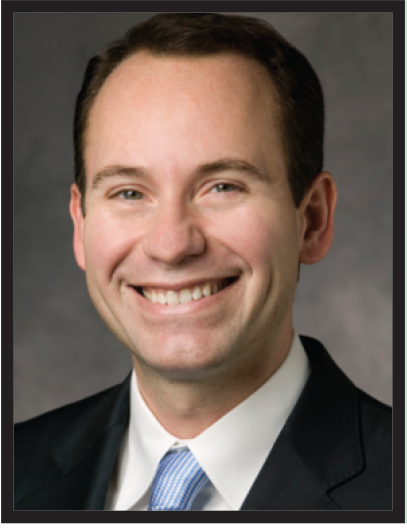Celebrating 2020 with an Epiphany
 by John M. Morton, MD, MPH, MHA, FACS, FASMBS, ABOM
by John M. Morton, MD, MPH, MHA, FACS, FASMBS, ABOM
Clinical Editor of Bariatric Times; Vice-Chair of Quality and Division Chief of Bariatric and Minimally Invasive Surgery in the Department of Surgery at Yale School of Medicine in New Haven, Connecticut.
Dear Friends and Readers,
I wish 2020 a quick farewell and greet 2021 like an old friend. Like many of ourselves and our patients, January carries much importance, particularly around reflection and hope for renewal. Certainly, we all hope that we will never see a year like 2020 again. The pandemic brought a 100-year event with over 300,000 dead, exceeded only by heart disease and cancer. Once again, life expectancy in the most advanced country in the world will decline. Previously, we had life expectancy decline due to the so-called “diseases of despair,” such as suicides and overdoses. We can easily add obesity as a disease of despair whereby there is recognition of harm and inappropriate assessment of self-blame and misguided self-treatment. Fundamentally, we have seen a revocation of the American Dream, which simply put is that the next generation will be better than the last. Do we believe that the American Dream for health is still possible? The only answer is in the affirmative. We can hope and try. The human condition demands recognition and effort.
Many will look at January 2021 as an opportunity to provide New Year’s resolutions. What do we know about New Year’s resolutions? New Year’s resolutions are firmly held in the Grip of Winter and quickly melted in the Spring of Regret to resurface in the Gasp of Summer to the Fall of Neglect. I am a firm believer that change must come through awareness. It is an often quoted dictum that patients do not decline precipitously—it is our recognition that is slow and then sudden. While I can appreciate Top 10 New Year’s resolutions, I am more cognizant that change takes time, contemplation and determination. What I hope for is that we have contemplation of 2020. Ideally, I hope for awareness with action. This is why I hope more for January 6 instead of January 1.
January 1 is the day we write lists that we might not review until next December. A day not commonly celebrated in the United States is January 6, also called Little Christmas, Three Kings Day, Twelfth Night of Christmas, or most specifically, the Feast of the Epiphany. Regardless of your faith, the idea of epiphany has importance. An epiphany is a recognition or revelation. An epiphany is central to patent law—a flash of genius. An epiphany, by definition, is the experience of a sudden and striking realization, such as Archimedes crying Eureka! after discovering density and volume displacement and Sir Isaac Newton looking up at an apple tree and thinking of gravity. What are epiphanies for 2021? There are many.
2021 Epiphanies
- The United States is not healthy
- Our healthcare supply chain must be native
- Our care must be coordinated and at our patients’ fingertips by all media necessary
- Doctors matter and surgeons are critical
- Obesity must be addressed, and we need this to be heard
- Science works
- Collaboration is critical
- Our country is red, white, and blue
- Get involved
- The American Dream lives
What is your epiphany? All lives are meant to be examined. I for one will look for opportunities for insight and revelations. There are many, and I know we will all try to make a difference. So, I hope for a wonderful 2021 full of 2020 epiphanies that we will act upon.
Sincerely,
John M. Morton, MD, MPH, MHA, FACS, FASMBS, ABOM
Category: Editorial Message, Past Articles





